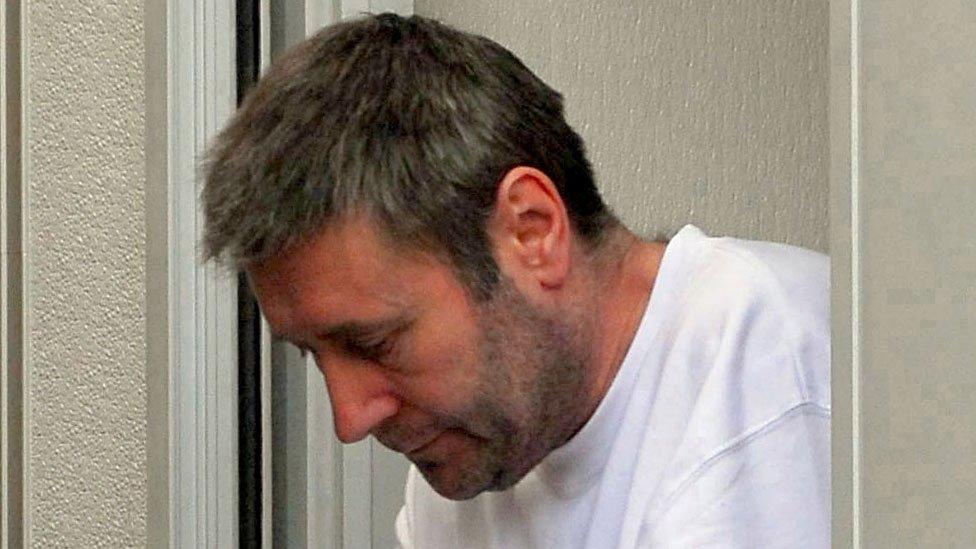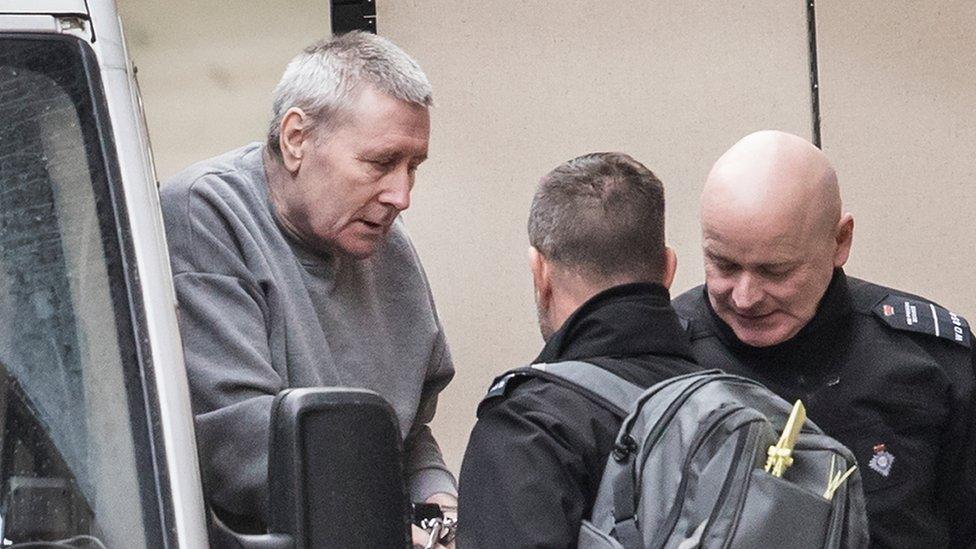John Worboys case: Court to rule if police failed victims
- Published

The Supreme Court is to rule on whether the Metropolitan Police failed two victims of black cab rapist John Worboys.
The case rests on whether the Met's failure to properly investigate the women's allegations amounted to inhuman and degrading treatment.
They failed to believe the women's reports of assaults in 2003 and 2007.
The women are also separately pursuing a judicial review of the Parole Board's decision to release Worboys.
Worboys was able to continue to attack women until he was convicted of 19 offences in 2009, when he was ordered to serve at least eight years in jail.
The Met believe he may have attacked more than 100 women.
In 2014, a judge ruled that the women's human rights had been breached and ordered the force to pay them more than £40,000 in damages.
The women brought their claims under article three of the Human Rights Act - the right not to be subjected to torture or to inhuman or degrading treatment.
Until then, police could not be found to be negligent for generally failing to identify and apprehend an unknown suspect.
The police appealed, arguing that its duty was fulfilled simply by having practices and procedures to investigate in place, although it was agreed that the damages awarded to the women would not be recouped if the appeal succeeded.
The BBC's legal correspondent Clive Coleman said victory for the women in the case would mean police forces could face human rights actions whenever they fail to properly investigate serious violent crime and would be a "major victory for victims".
The case comes a month after the government announced it would not challenge the Parole Board's decision to release Worboys after he had served less than 10 years in prison.
That original decision had caused a public outcry.
- Published7 February 2018

- Published4 January 2018
